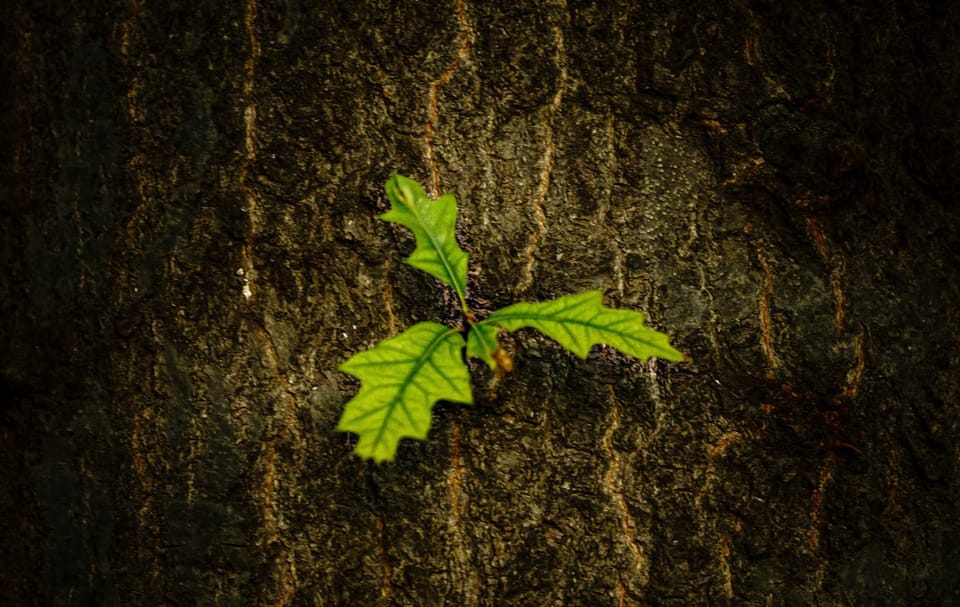Do Yeshiva Students Belong in the Army to Save Lives?

This question arises often, and it is usually asked with deep emotion. Many argue: “If young men from religious Zionist yeshivot have fallen in battle al kiddush Hashem, shouldn’t Charedi yeshiva students also enlist? Where is their responsibility toward Klal Yisrael?” Others go further: “Isn’t refusing to serve in the IDF abandoning our brothers who sacrifice for the nation?”
These are not trivial questions. They come from a place of sincerity, love of Eretz Yisrael, and a genuine desire to protect Am Yisrael. But to answer them truthfully, we must return to the Torah itself — the eternal guide for our people in all generations.
1. Torah Is the Shield of Klal Yisrael
Chazal state clearly that Torah is not merely a private pursuit — it is the lifeblood of the nation:
“אמר רבי יצחק: אין העולם מתקיים אלא בשביל הבל פיהם של תינוקות של בית רבן.”
“Rav Yitzchak said: The world exists only because of the breath of the mouths of children learning Torah.” (Shabbos 119b)【1】
And further:
“אמר רבי חמא בר חנינא: אין חומת ירושלים נפלה אלא בשביל שביטלו בה תינוקות של בית רבן.”
“Rav Chama bar Chanina said: The wall of Jerusalem fell only because the children’s Torah study was stopped there.” (Shabbos 119b)【2】
If Torah learning is what upholds the very existence of the world, then it is the truest defense of the Jewish People. The yeshiva student immersed in Torah is not shirking responsibility; he is carrying the deepest burden for Klal Yisrael’s survival.
2. The Halachic Framework of War
The Rambam teaches:
“ואי זו היא מלחמת מצוה? זו מלחמת שבעה עממים ועזרת ישראל מיד צר שבא עליהם.”
“And what is a milchemes mitzvah (obligatory war)? This includes the war against the seven nations and saving Israel from an enemy that comes upon them.” (Hilchos Melachim 5:1)【3】
Even in a milchemes mitzvah, the Torah exempts certain people, including those “ירא ורך הלבב” — fearful and fainthearted (Devarim 20:8). The Gemara (Sotah 44b) explains that this refers to those afraid of their sins. Rashi comments: the Torah recognizes that not all belong on the battlefield; some must serve Hashem in other ways【4】.
Thus, halachah itself establishes that Klal Yisrael’s security is not dependent on every Jew holding a sword. There must always be a portion wholly devoted to Torah.
3. The View of Gedolei HaDor
The Chazon Ish wrote that “תורה מגנא ומצלא” — Torah protects and saves (Sotah 21a) — is not a metaphor but a reality【5】. He warned that to draft yeshiva students away from Torah is to remove the nation’s most essential shield.
The Steipler Gaon wrote in his letters:
“אם יפסיקו מלימוד התורה, מי יגן על כלל ישראל?”
“If they stop their Torah learning, who will protect the Jewish People?” (Karyana D’Igarta, vol. I, letter 195)【6】
Rav Aharon Kotler zt”l likewise declared in fiery speeches:
“בכל דור ודור קיומו של עם ישראל תלוי בלומדי התורה — בלי זה אין זכות קיום.”
“In every generation, the survival of the Jewish People depends on those learning Torah — without this, we have no right to exist.”【7】
These words are not ideology; they are halachic truth as taught by the greatest Torah authorities of our time.
4. Is Torah Study Escaping Responsibility?
Some claim: “Are yeshiva students hiding in the study hall while others risk their lives?” But the opposite is true. Torah is the highest form of achrayus (responsibility). To devote one’s life entirely to Torah, without comfort or distraction, is the ultimate mesirus nefesh.
David HaMelech sang:
“אם ה׳ לא ישמור עיר שוא שקד שומר.”
“If Hashem will not guard the city, the watchman’s vigilance is in vain.” (Tehillim 127:1)【8】
The soldier’s watch is important — but without Torah, it is in vain.
5. The Problem of Today’s Army
Were there a Jewish army guided by Torah, under a Sanhedrin and a king, with halachah deciding every question, the halachic obligations of service would look very different. But today’s army is not built on halachah. It often commands chillul Shabbos, breaches of tznius, and policies of restraint that risk Jewish lives. Rav Shlomo Zalman Auerbach zt”l warned that true pikuach nefesh decisions cannot be entrusted to a secular system【9】.
How then can it be said that sending yeshiva students into such an environment fulfills a mitzvah? On the contrary, it pulls them away from the very essence of Torah.
6. Unity Without Compromise
We must be clear: the Charedi world does not, chas veshalom, belittle the sacrifice of soldiers. Every Jew who falls in battle is holy; their blood cries out before Hashem. We mourn with their families and pray for the wounded.
But the Torah demands truth. If Klal Yisrael is to survive, it is not military might that will save us but Torah. The Chazon Ish said that the true “sharing of the burden” is this: some give their bodies in war, and some give their lives in the beis midrash. Both are mesirus nefesh. But without the second, the first cannot succeed.
Conclusion
The heartfelt cry, “Where is your responsibility?” is answered with love: Our responsibility is here — in Torah learning. Torah is not abandonment, nor fear, nor laziness. It is the foundation of Jewish existence.
As the Gemara teaches:
“וצדיק באמונתו יחיה”
“The righteous shall live by his faith.” (Makos 24a)【10】
That faith, expressed through full-time Torah learning, is the deepest guarantee of Klal Yisrael’s survival — in this world and the next.
Sources
- תלמוד בבלי, שבת קיט:ב
- תלמוד בבלי, שבת קיט:ב
- רמב״ם, הלכות מלכים ה:א
- רש״י על סוטה מד:א
- חזון איש, קובץ אגרות חלק א, מכתב ג
- קריינא דאיגרתא חלק א, אגרת קצ״ה
- דברי ר׳ אהרן קוטלר זצ״ל, נאומים באמריקה (תרצ״ט–תשי״ב)
- תהילים קכ״ז:א
- עדויות מתלמידי ר׳ שלמה זלמן אוירבך זצ״ל בענייני צבא
- תלמוד בבלי, מכות כד:א
